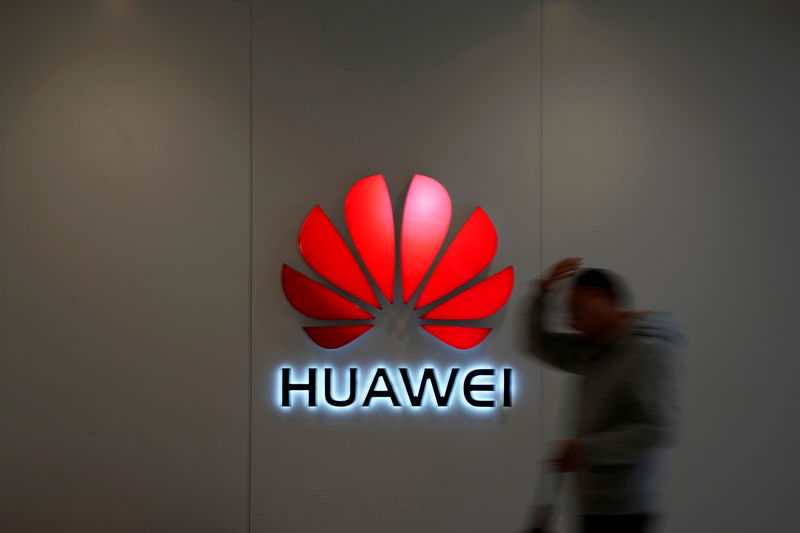This post was originally published on this site
https://i-invdn-com.investing.com/trkd-images/LYNXNPEH5S1HK_L.jpg
VANCOUVER (Reuters) – Lawyers fighting the extradition of Huawei’s chief financial officer to the United States on Tuesday presented internal emails from British bank HSBC that they said disproved U.S. claims that Huawei misled the bank.
CFO Meng Wanzhou’s legal team said the emails and documents submitted to a Canadian court showed at least two senior HSBC leaders were aware of connections between Huawei and its Iranian subsidiary, Skycom. HSBC declined to comment.
Meng’s lawyers are trying to add the documents to evidence. They are meant to counter U.S. charges that only junior employees of the British bank knew about the true nature of relationship between Huawei and Skycom.
U.S. prosecutors have alleged that Meng misled HSBC about Huawei’s business dealings in Iran and may have caused the bank to break U.S. sanctions.
Meng, 49, was arrested in December 2018 at Vancouver International Airport on charges of bank fraud in the United States. She has been held on house arrest for more than two years while her case moves through the Canadian legal system.
Her legal team has extracted internal documents from HSBC through a court in Hong Kong, and they hope to refer to them in the case’s final hearings scheduled for August.
In particular, the defense alleges that two HSBC managing directors viewed Meng’s presentation to HSBC about Huawei’s business in Iran. They said it made clear Skycom’s ownership structure.
Meng and her legal team appeared in the British Columbia Supreme Court on Tuesday on the first day of a two-day hearing where they will argue to add more evidence to support her case.
The evidence shows the U.S. argument is “so defective as to compel the courts to place no reliance on them,” Mark Sandler, defense lawyer for Meng, told the court.
Prosecutors representing the Canadian government argued that the evidence and arguments were beyond the scope of an extradition hearing.

